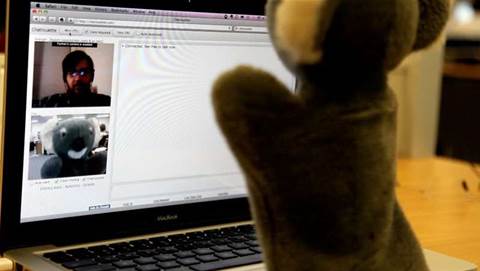According to the survey -- commissioned by filtering company SurfControl -- a quarter of those emails accidentally sent to the wrong person contained confidential information. It also found that 40 percent of the emails sent by mistake were work-related.
Managers, or those with people reporting to them, were found to be more likely to accidentally send or receive emails.
Charles Heunemann, managing director of SurfControl Australia, said that managers were often the “custodians of confidential information” within their organisations.
He urged that a higher level of education be carried out within organisations to counter this issue. “The risk of accidental transmission of sensitive corporate data via email systems is real.”
He said the worst case scenario could be a company ending up having legal problems, because of confidential information being inadvertently leaked to the wrong person. But Heunemann said that the more common result was likely to be embarrassment or a loss of competitiveness.
Heunemann used the example of a NSW magistrate who was recently reported as having sent an email about a case he was working on to the wrong person when he was trying to send it to himself.
Managers were increasingly becoming time-poor and protecting against inadvertently sending confidential information outside the company could easily fall by the wayside as a result, he said.
The survey also found that 37 percent of the respondents reported an increase in personal or work email, with 50 percent having seen an increase in the amount of spam they received.
It was conducted by Dr Monica Whitty at the University of Western Sydney Social Justice Social Change Research Centre. There were 500 participants in the research, 87 percent of which were employees.


_(20).jpg&h=140&w=231&c=1&s=0)
_(28).jpg&h=140&w=231&c=1&s=0)

_(23).jpg&h=140&w=231&c=1&s=0)





 iTnews Executive Retreat - Security Leaders Edition
iTnews Executive Retreat - Security Leaders Edition
 iTnews Benchmark Awards 2026
iTnews Benchmark Awards 2026
 iTnews Cloud Covered Breakfast Summit
iTnews Cloud Covered Breakfast Summit
 The 2026 iAwards
The 2026 iAwards










_(1).jpg&h=140&w=231&c=1&s=0)



